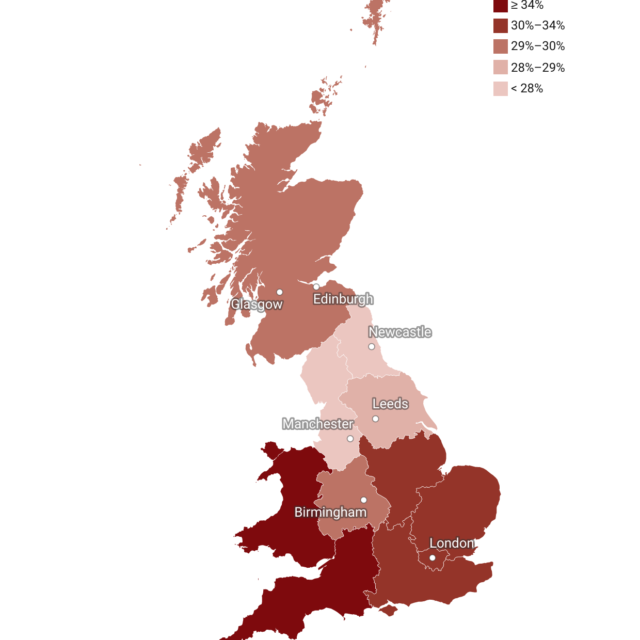Press Release: Government must not ignore social science in planning economic recovery, warns NIESR Director

FOR IMMEDIATE RELEASE
The government must not dither and delay and rather more understanding and action is required to mitigate the economic losses from the two traumatic exits the country is facing, from the Covid-19 crisis and from the European Union, according to NIESR Director, Professor Jagjit Chadha.
In the Commentary of the forthcoming issue of the National Institute Economic Review, Professor Chadha outlines the severity of the problems faced by policymakers, calls for an urgent national recovery plan and argues for a more resilient and robust socioeconomic eco-system.
The calculation of economic losses from the two exits reflects a scientific consensus, stated well by the Office for Budget Responsibility in November 2020, and should be therefore used as a starting point for formulating responsible policies in mitigation.
In exiting from the Covid-19 crisis the Government needs to address the loss of firm specific knowledge and the slow re-orientation of the economy, which has some 10–15 per cent of employees working in industries acutely vulnerable to Covid-19, to digital service and public good provision when there happens to be a limited initial pool of people to work in these areas.
The costs of EU exit, instead, result from the compression of trade with a large wealthy partner, who also happens to be the closest neighbour, that will prevent the full force of trade through gravity to work, as well the enduring uncertainty of reaching substantive agreements on trade in capital, labour, goods and services with each of the key trading blocs in the rest of the world.
Professor Chadha stresses that policy cannot be driven by the pursuit of soundbite and how the lack of clear communication has hampered government’s policies effectiveness: “Not announcing a lockdown during October half-term and instead signalling some liberalisation in the restrictions in the run-up to Christmas was neither consistent with the objectives nor tenable, with decisions quickly being reversed later and therefore at some cost to the rate of infection.”, he said.
The Coronavirus Job Retention, or furlough, Scheme is a further case in point. It was first announced in March and originally due to be wound down at the end of May and then prolonged on five different occasions. While the extensions have been welcome and recognise the time that any adjustments to a post-Covid-19 economy will take, firms and workers have had to contend with a moving end date that provided a hard constraint over the summer. “The policy would have been more effective if it had eliminated the time dimension and the possibility of expiry and offered a commitment that ran contiguously with the control of the virus”, he added.
Professor Chadha states that social science can help improving public policy decisions and should therefore have a crucial role in shaping future policies: “In order to understand the host of contemporary issues, we need social science. And this extends not only to understand forces but also human responses and how we can improve outcomes. Public social science must therefore seek to inform policy in order to have public value.”
Finally, he suggests the creation of a National Council on Economic Regeneration, an independent body that, among other things, will help making those who hold public office more regularly accountable for their decisions and choices: “It could work as a way to assess policy for the long run, commission reports and ask the government to produce a view on the long run impact of policies of the income and regional distribution. Its objective would be to ensure the development and implementation of a regeneration plan by this and future governments using the knowledge of its broad membership to improve economic policy and planning, provide independent scrutiny and a set of experts for the media to develop strong links”, he concluded.
ENDS
——————————
Notes for editors:
The full Commentary, “Whither After Covid-19 And Brexit: A Social Science Perspective”, can be accessed here. For queries and to arrange interviews, please contact the NIESR Press Office: press [at] niesr.ac.uk / l.pieri [at] niesr.ac.uk / 07930 544 631
The National Institute Economic Review is a quarterly journal of NIESR and has been publishes since 1959. From 2020 the NIER is published by Cambridge University Press (CUP). Founded in 1534, CUP is the world’s oldest publishing house and the second-largest university press in the world.
The Review is published in February, May, August and November, and it is available from Cambridge University Press at journals [at] cambridge.org
Further details of NIESR’s activities can be seen on http://www.niesr.ac.uk or by contacting enquiries [at] niesr.ac.uk Switchboard Telephone Number: +44 (0) 207 222 7665



